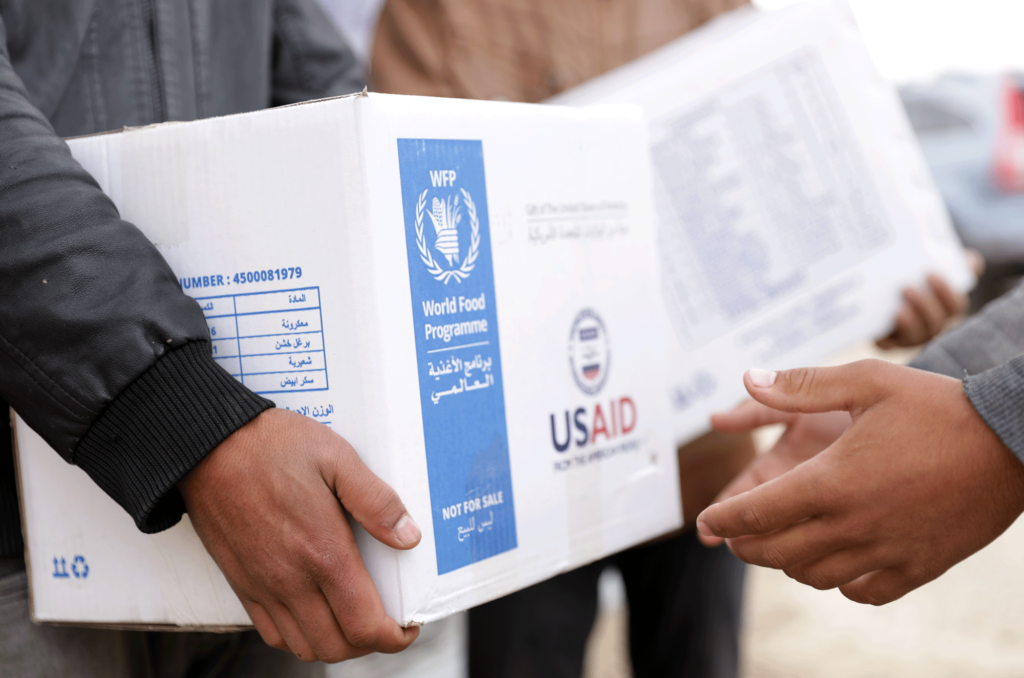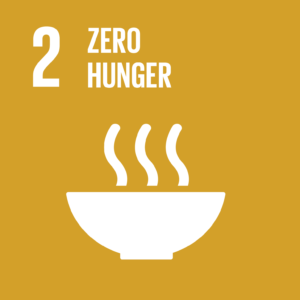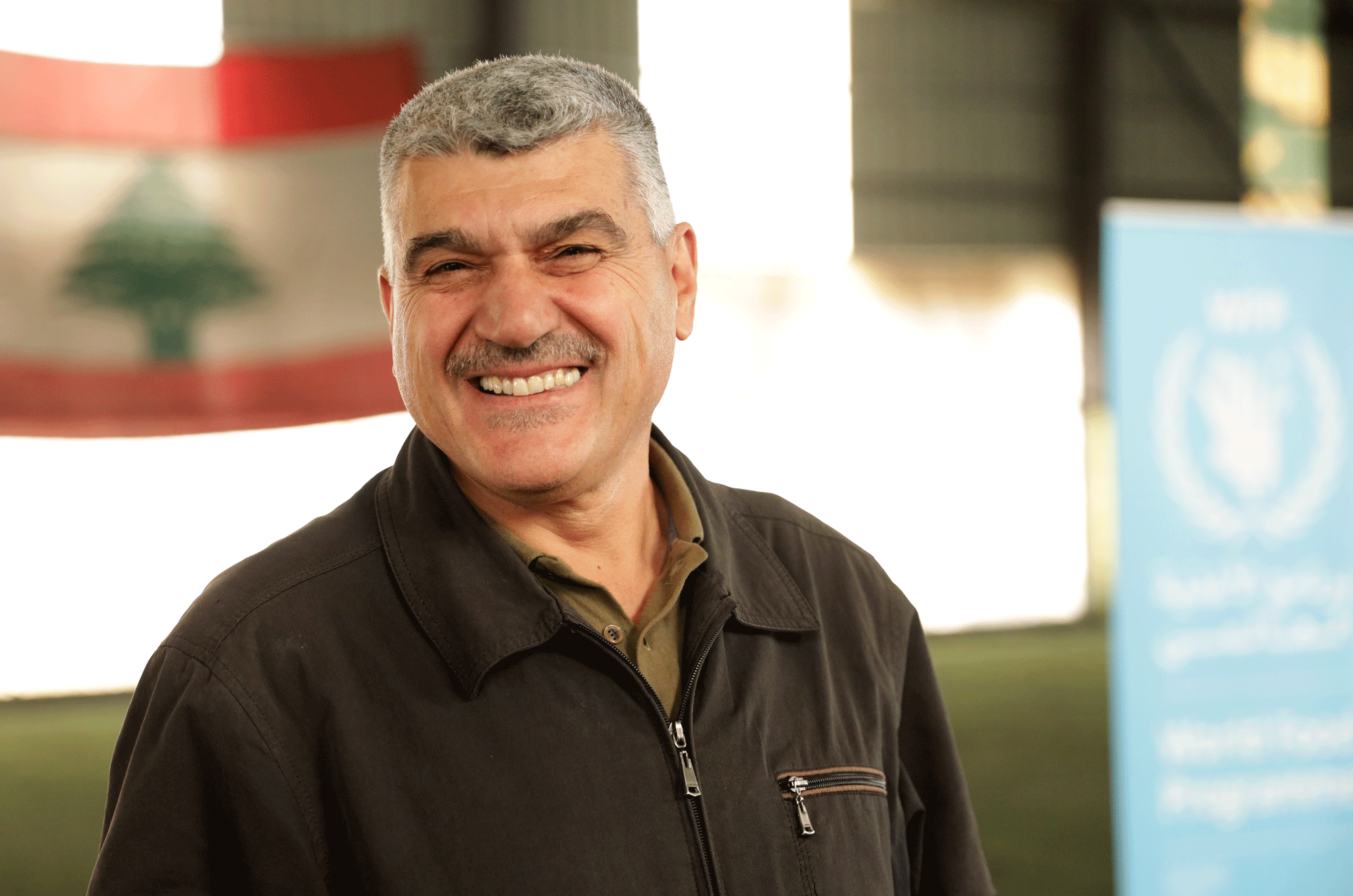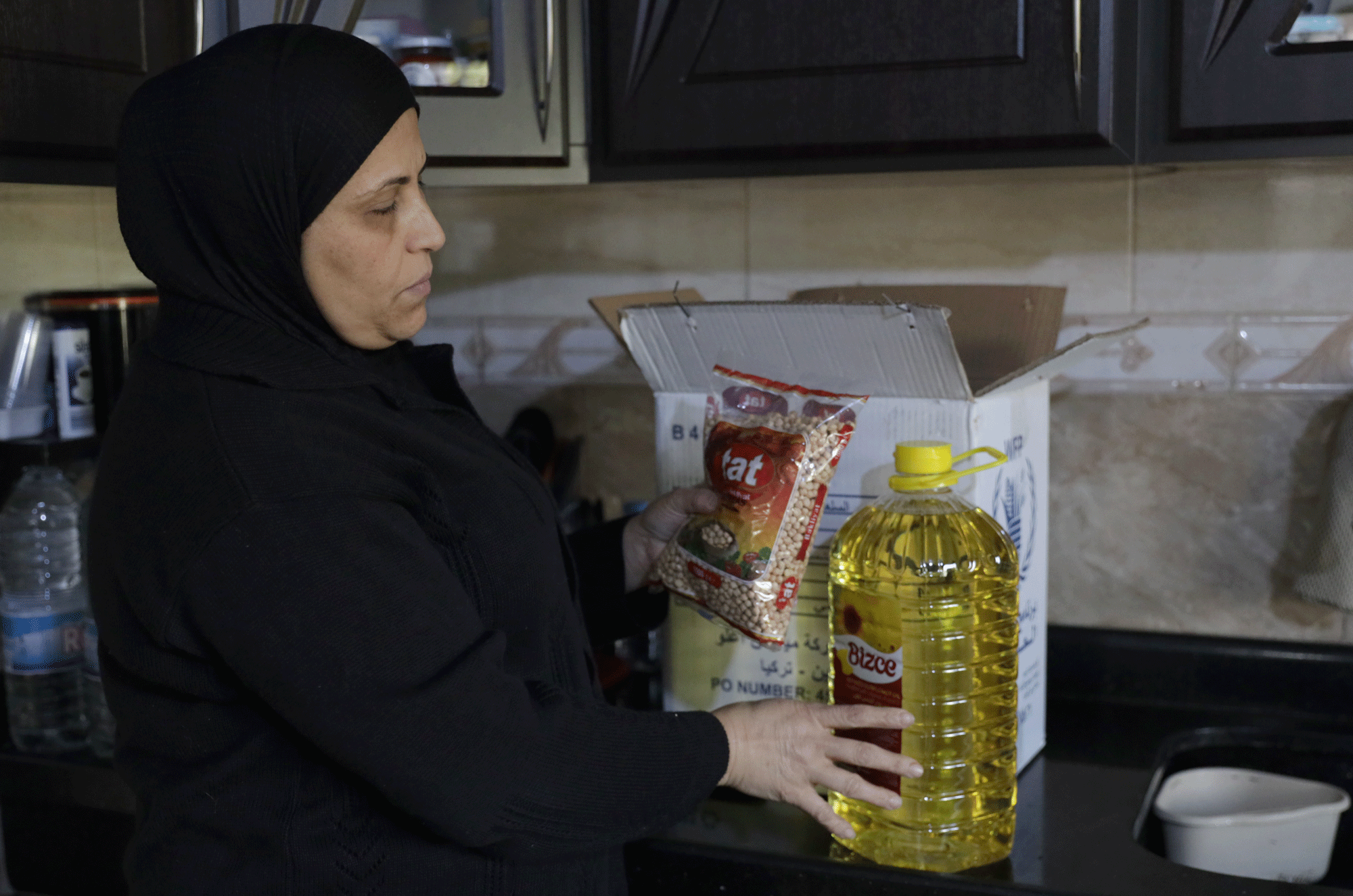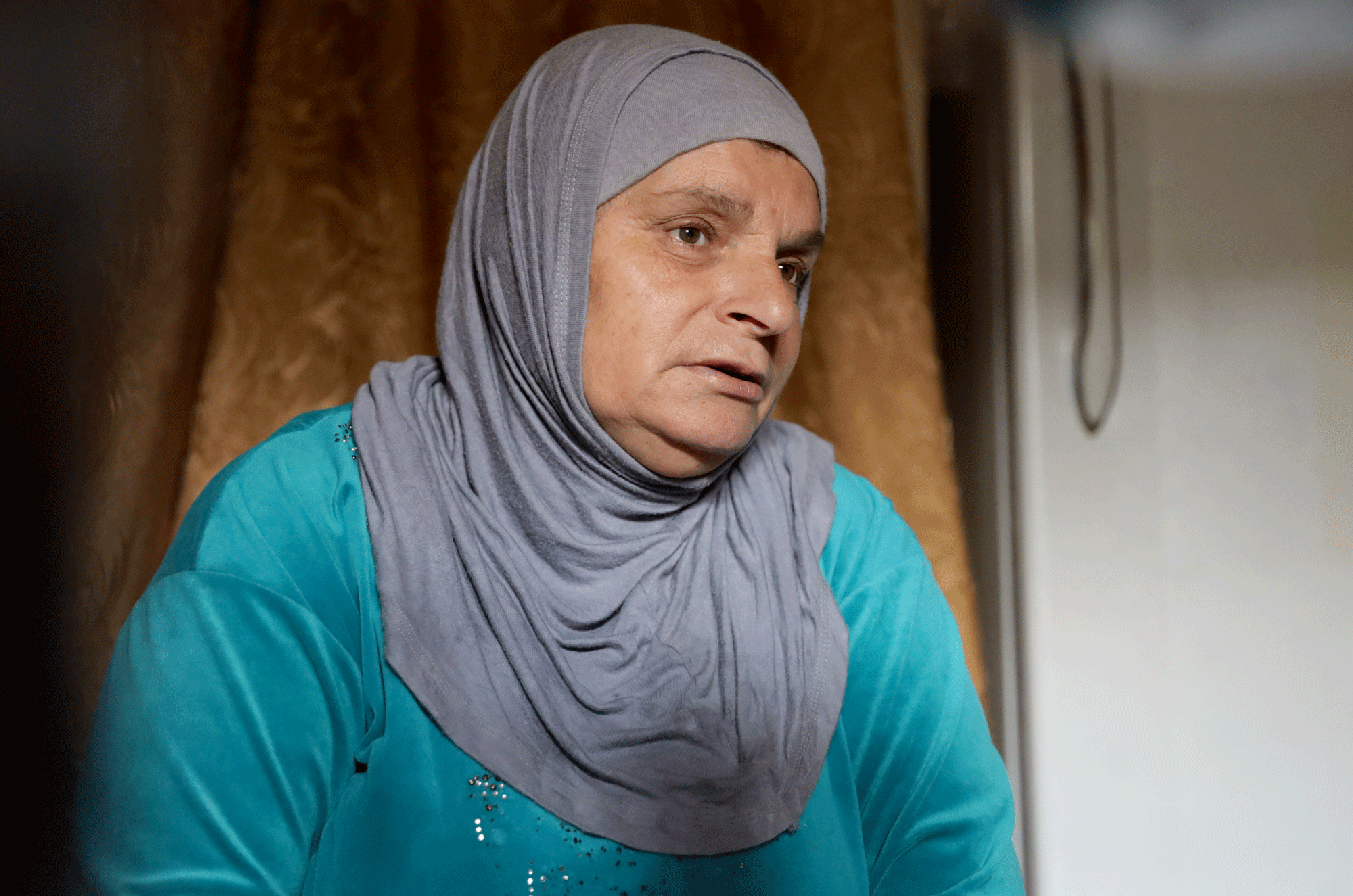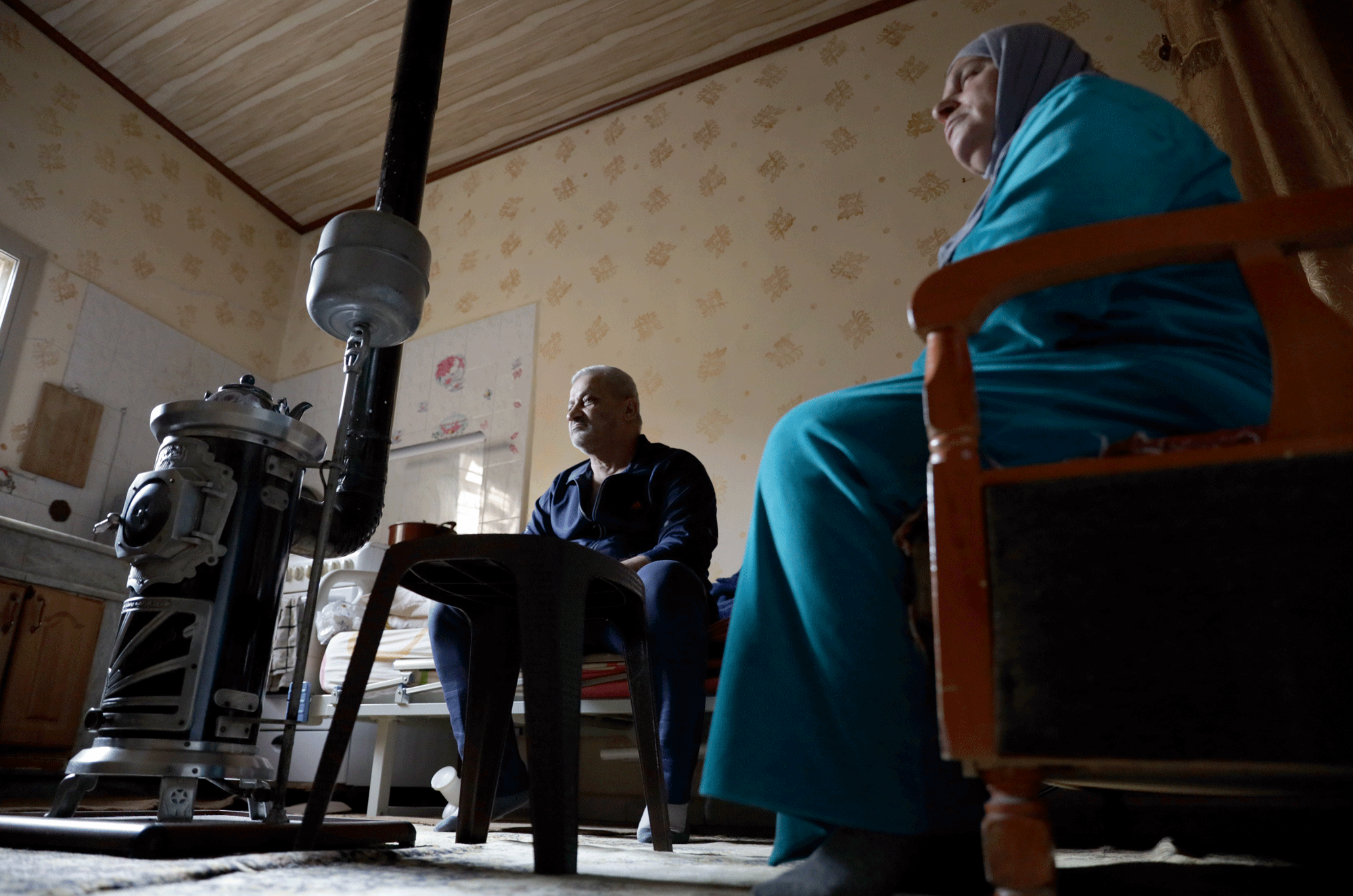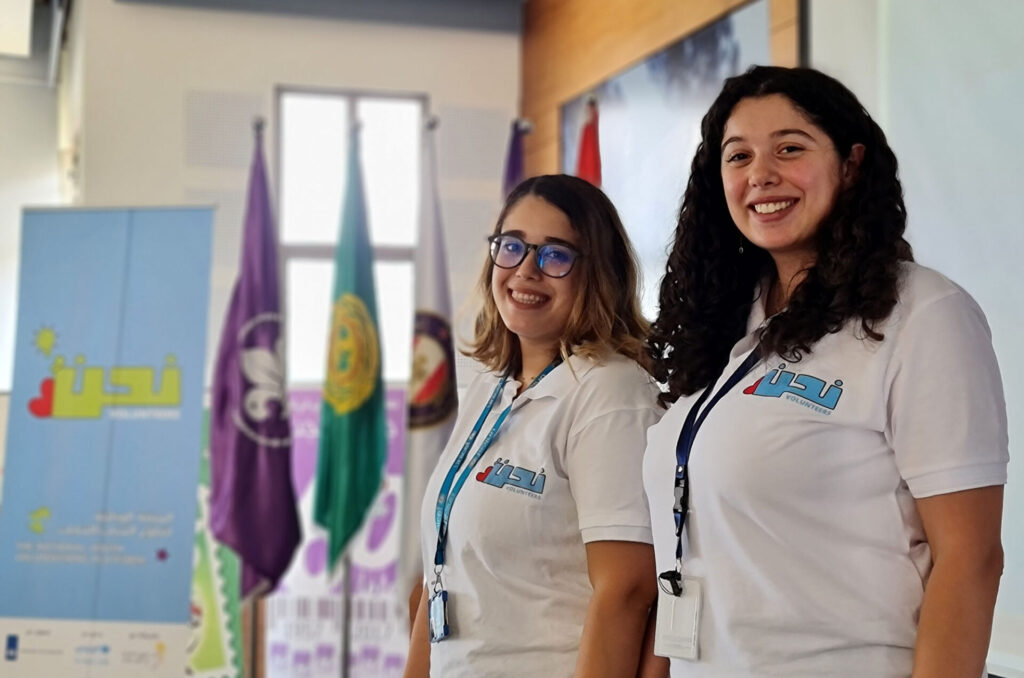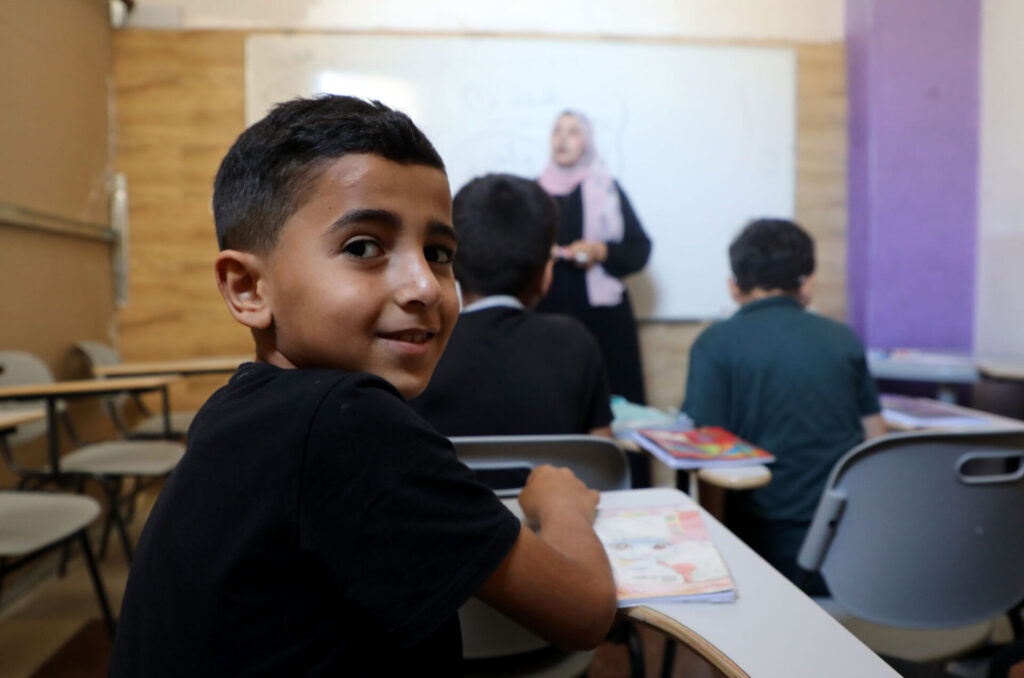Jan, 2023
Anera’s food aid project is helping Lebanese families survive three years of economic crisis
As human beings, we have certain basic needs that make up our day-to-day lives. Abraham Maslow proposed that these basic needs could be sorted into a hierarchy of needs. These requirements include the need for food, safety, love, and self-esteem. Without them, our individual and communal progress is interrupted.
What happens when those basic necessities are scarce?
What happens when putting food on the table is your first worry and highest priority upon waking every day? How do you hold your family together when so many businesses shut down, unemployment rises and your children have to drop out of school to help support their families. When savings are lost so are hopes and aspirations.
This is the reality for one out of three Lebanese today who are living in extreme poverty. Lebanon, a country of nearly seven million, has been beset by weak government, corruption, and catastrophic resource mismanagement, all provoking a three-year-long economic crisis.
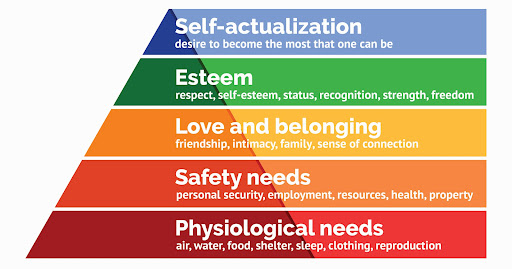

Healthy food is scarce or too expensive for a growing number of families sinking into poverty. To help meet that need, Anera has been implementing a year-long food security project supported by the UN World Food Program with funding from USAID. The aim is to provide 42,846 households (170,230 family members) with basic grocery items for an entire year.
Mona is a 45-year-old Lebanese craftswoman. She used to be self-sufficient before her business slowed down and she was no longer able to pay her bills. Like many proud Lebanese, this program was Mona’s first time ever receiving food assistance.
"This is the first time I've found myself truly needing assistance," she says. "Without it, I'm not sure how I'd continue." Mona’s most recent food parcel boxes included seven kilograms (15 pounds) of white beans, 19 kilograms (42 pounds) of white rice, 10 kilograms (22 pounds) of chickpeas, cans of tuna, two gallons of cooking oil, and more.


"This is the first time I've found myself truly needing assistance."
Diana Abu Hamia is a field coordinator for Anera in the Bekaa Valley. She says she is proud to be working on a food aid project supported by WFP, which has already ensured the food needs of 100,000 Lebanese families through in-kind food distributions in 2022 alone.
"This is the first project geared entirely to Lebanese nationals," Diana says. "Poverty is increasing so much," she notes, that “the majority of Lebanese families in the Bekaa region require food aid.” Diana says Anera already has distributed boxes of food assistance to 48,418 families since March.
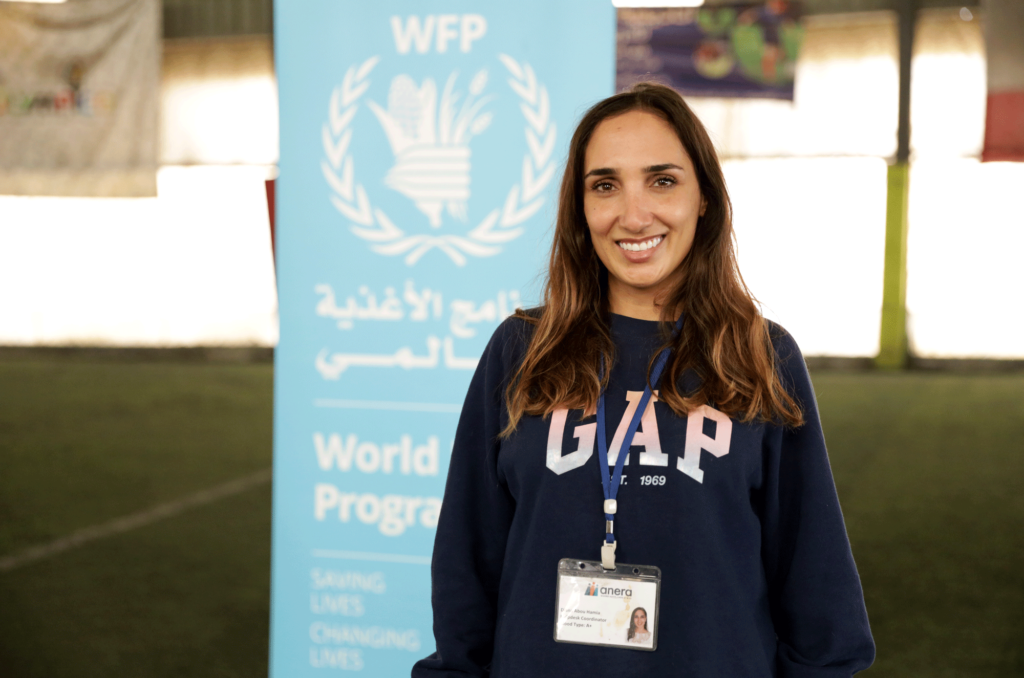

Anera's Bekaa team saw the relief on the faces of so many recipients. And, Diana adds, “We also witnessed a wonderful togetherness among community members, as some took it upon themselves to pick up food supplies on behalf of elderly or physically disabled neighbors.”
Rabih is such an example. The 40-year old has come to the past several distributions on behalf of his neighbor who is unable to make the commute herself. “My neighbor lives alone, with no breadwinner. That is why I am here to pick up her food parcel.”
Rabih is not alone. Families and friends are supporting each other, local charities and religious groups are giving their time and effort to soften the blow of this crisis as much as possible and help prevent a famine.
Salwa considered her household as middle income. Her husband worked as an urban gardener in Beirut. But he lost his job in 2016 due to illness and has had to rely on their extended family for support. With the current economic crisis, Salwa says family members who were helping are barely scraping by themselves.


"We...witnessed a wonderful togetherness among community members, as some took it upon themselves to pick up food supplies on behalf of elderly or physically disabled neighbors.”
Salwa says Anera’s food program has saved them. “We've benefited greatly from this donation because we can't afford to buy any of these things anymore,” she says as she organizes the contents of the WFP food parcels in her pantry.
Ammounah, 56, and Mustafa, 63, have been married for over 25 years. They have been through good times and bad times together, but these days are a a real challenge.
Mustafa was in an accident a few years ago and now is paralyzed. Ammounah has been his primary caregiver.
“Our circumstances were better back then but my husband's health deteriorated and so did our country,” says Ammounah.


“Our circumstances were better back then but my husband's health deteriorated and so did our country."
Fortunately, all hope is not lost for them and others. Anera partners with international organizations like USAID and the World Food Programme that are steadfast in their commitment to fill the gaps in food insecurity imposed by Lebanon’s crisis. The success of the food distribution programs is bolstered by Anera’s strong ties to local communities and its reputation for effective aid distribution projects.
